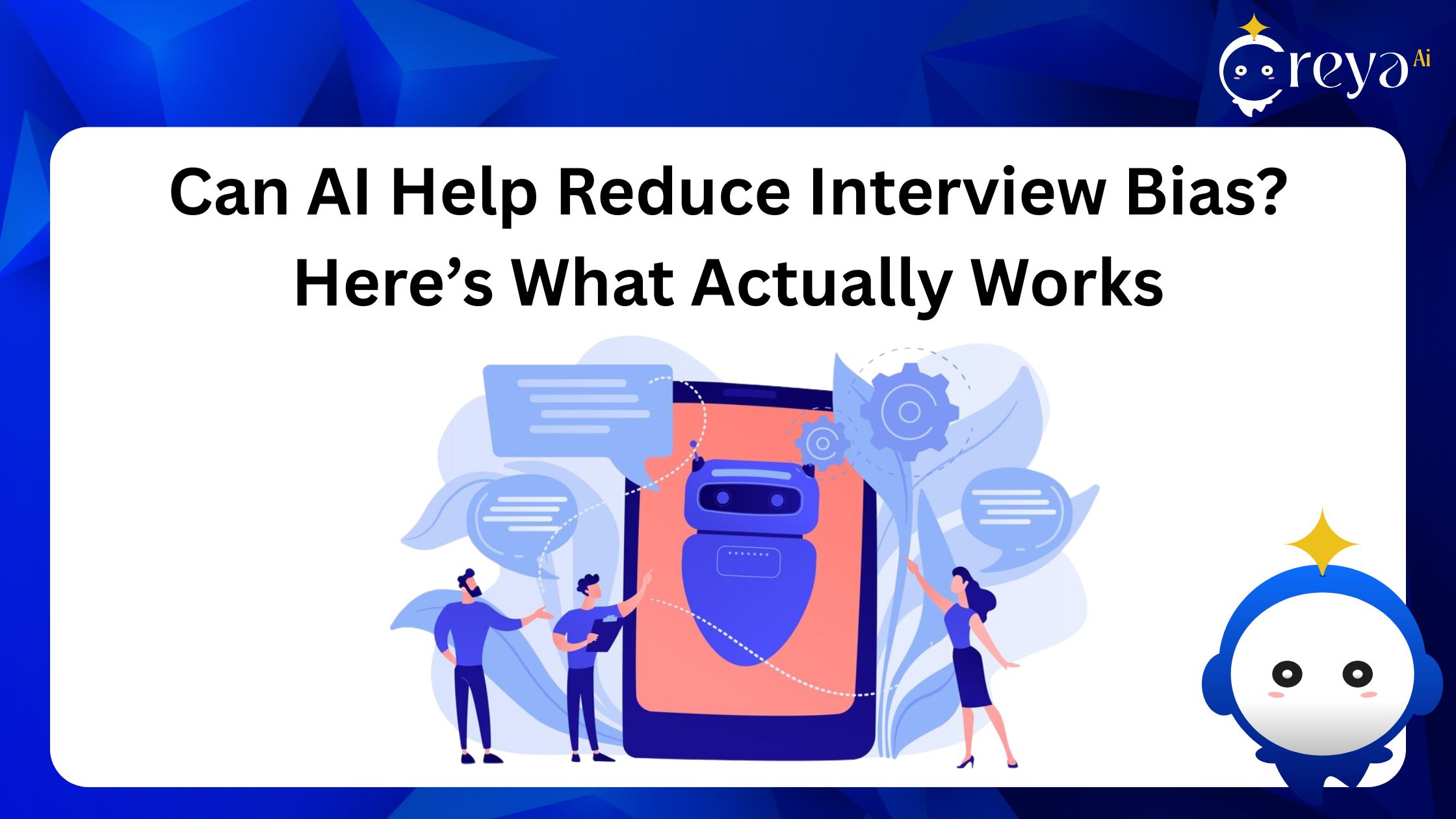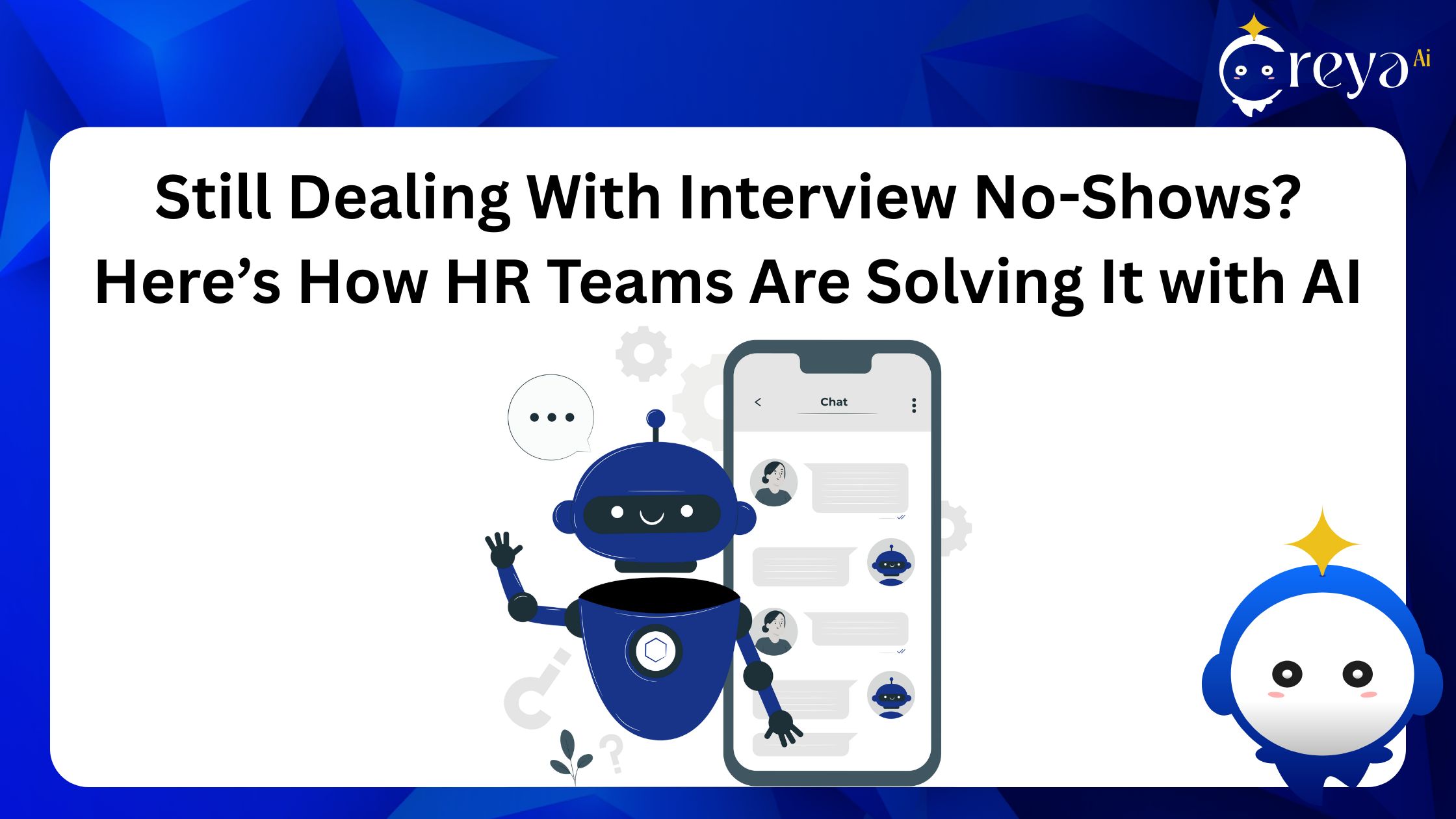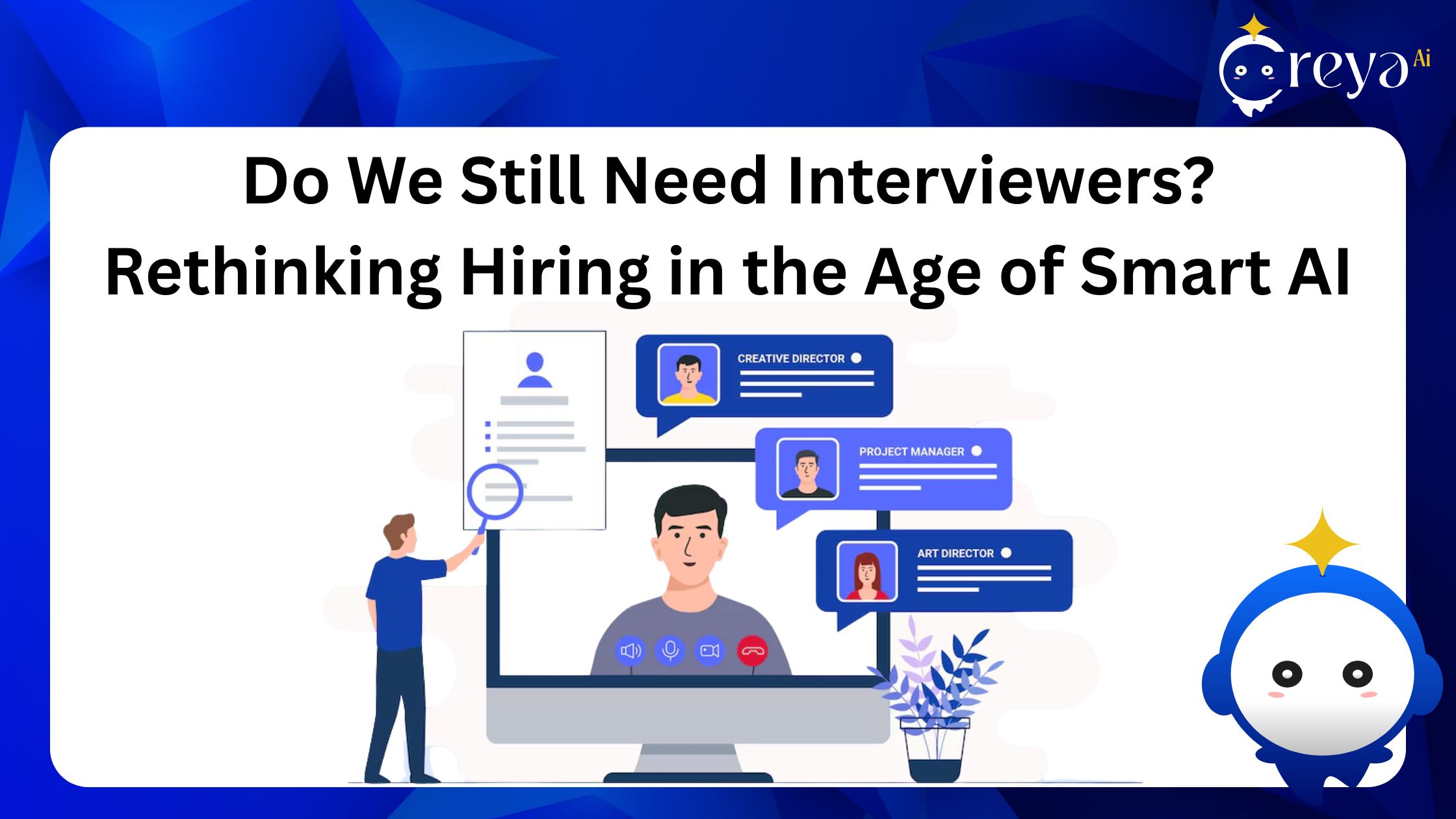Introduction:
In the realm of hiring, resumes provide a glimpse into a candidate’s professional background, but they often fail to capture the full scope of their potential. This is where behavioral interviewing techniques come into play. By delving deeper into a candidate’s past experiences, behaviors, and personality traits, recruiters can uncover hidden gems that traditional resumes may overlook. In this guide, we’ll explore the art of behavioral interviewing and how it enables recruiters to evaluate soft skills, identify unconventional talents, and hire the best candidates for their organization. From effective questioning techniques to evaluating cultural fit, we’ll uncover the secrets to uncovering excellence beyond the resume.
Understanding Behavioral Interviewing:
Behavioral interviewing is a technique used by recruiters to assess a candidate’s past behavior in specific situations as a predictor of future performance. Instead of hypothetical questions, behavioral interviews focus on real-life scenarios that candidates have encountered in the past. By probing into how candidates have handled various situations, recruiters can gain insight into their problem-solving abilities, communication skills, and interpersonal competencies.

Uncovering Hidden Gems in Candidates:
- Evaluating Soft Skills: Soft skills, such as communication, teamwork, and adaptability, are essential for success in the workplace but are often challenging to assess through traditional methods. Behavioral interviewing allows recruiters to evaluate soft skills by asking candidates to provide examples of when they have demonstrated these abilities in previous roles.
- Identifying Unconventional Talents: Traditional resumes may not always highlight a candidate’s unconventional talents or hidden strengths. Behavioral interviewing provides an opportunity for candidates to showcase their unique abilities and talents through real-life examples and anecdotes, allowing recruiters to identify candidates who bring valuable skills to the table.

The Art of Effective Questioning:
- Competency-Based Interviews: Competency-based interviews focus on specific competencies or skills required for a role and ask candidates to provide examples of when they have demonstrated these competencies in the past. By aligning questions with the job requirements, recruiters can assess candidates’ suitability for the role more effectively.
- Personality Traits and Behavioral Indicators: Behavioral interviewing also allows recruiters to assess candidates’ personality traits and behavioral indicators that are critical for cultural fit and team dynamics. By asking open-ended questions and observing candidates’ responses, recruiters can gain insight into their communication style, problem-solving approach, and work ethic.

Strengths-Based Approach:
Rather than focusing solely on candidates’ weaknesses or areas for improvement, behavioral interviewing takes a strengths-based approach by highlighting candidates’ strengths and positive attributes. By exploring candidates’ past successes and achievements, recruiters can identify individuals who are best suited to thrive in the organization’s culture and contribute to its success.
Cultural Fit Evaluation:
Cultural fit is a crucial factor in hiring decisions, as it ensures that candidates not only possess the necessary skills but also align with the organization’s values, mission, and work culture. Behavioral interviewing allows recruiters to assess cultural fit by asking questions that probe into candidates’ attitudes, beliefs, and work preferences.
Behavioral interviewing techniques offer a powerful tool for recruiters to uncover hidden gems, evaluate soft skills, and hire the best candidates for their organization. By delving deeper into candidates’ past experiences, behaviors, and personality traits, recruiters can gain valuable insights that go beyond the confines of a traditional resume. By mastering the art of effective questioning, adopting a strengths-based approach, and evaluating cultural fit, recruiters can build high-performing teams that drive organizational success and thrive in today’s dynamic workplace landscape.









